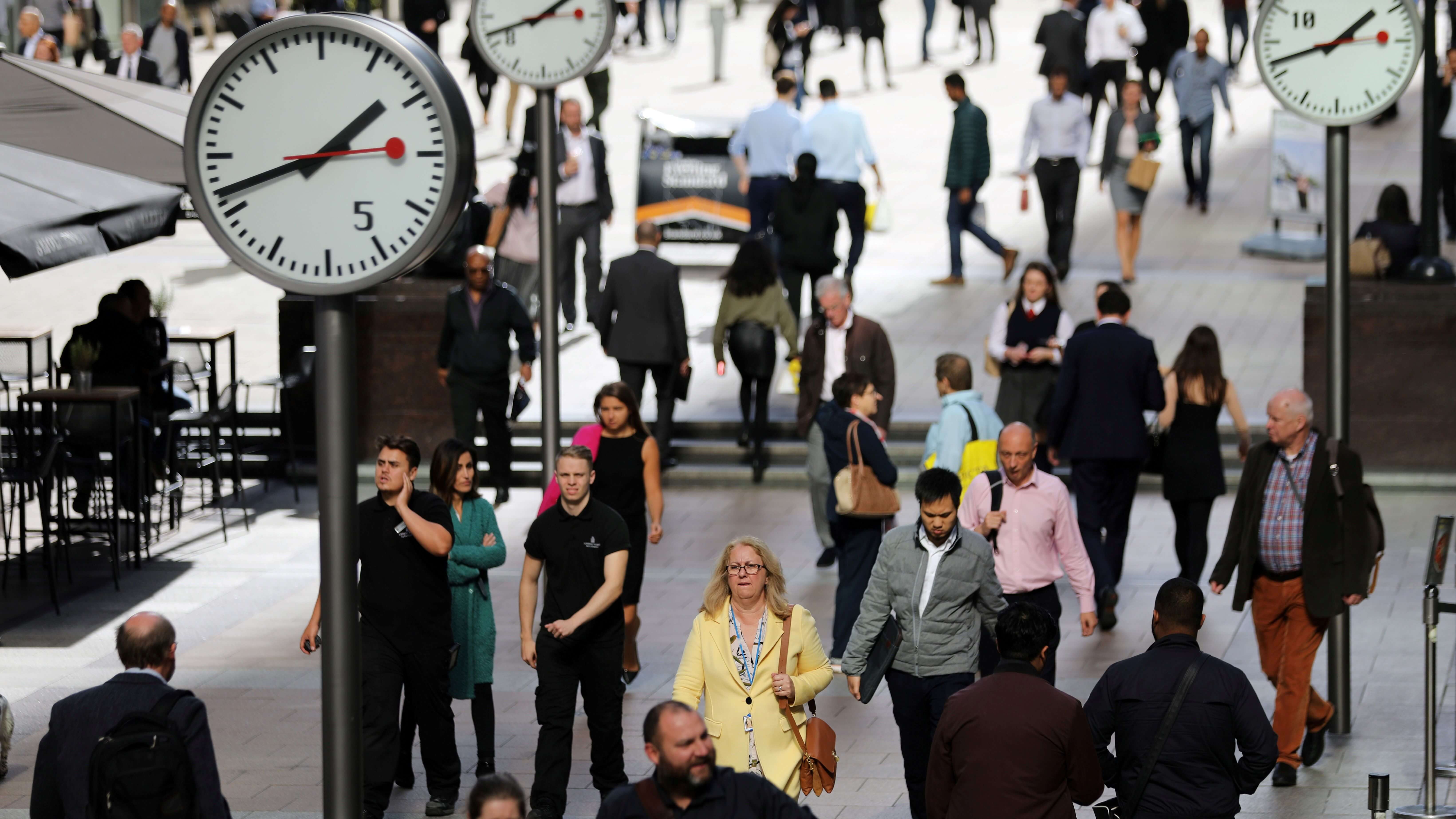UK Pay Awards Fall As Wage Growth Cools, Easing Pressure On Bank Of England
July data shows a notable easing in the upward pressure on wages.

Pay awards granted by British employers fell during the three months to July, according to a survey by Incomes Data Research (IDR), reported by Reuters. The findings align with other indicators of slowing wage growth, which could keep the Bank of England (BoE) on course to cut interest rates later this year.
IDR reported that the median pay settlement awarded by major employers dropped to 4.0% in the three months to July, the lowest level since August 2022 and down from 4.8% in the previous three-month period. The decline reflects a cooling in wage growth following a surge earlier this year.
The recent figures no longer include the high pay awards from April, typically the most popular month for wage negotiations, when 16% of settlements saw increases of 9% or more. This was partly due to the 9.8% rise in the UK’s minimum wage. Despite this, the July data shows a notable easing in the upward pressure on wages.
Zoe Woolacott, senior researcher at IDR, highlighted that pay levels have not yet fully caught up with the steep rise in the cost of living seen in 2022 and 2023, even though consumer price inflation is now hovering near the BoE's 2% target.
"Prices for items such as food, as well as mortgages and rents, remain higher than before the pandemic," Woolacott explained. "This maintains pressure on employers to award their workers with a pay rise that compensates them to some extent for the higher cost of living."
The survey results come just days after data from the Office for National Statistics revealed that UK wage growth had cooled to a more than two-year low of 5.1% in the three months to July.
The BoE, which is expected to hold interest rates steady at 5% at its next meeting on September 19, is closely monitoring wage growth as it weighs future policy decisions. The central bank anticipates that private-sector pay growth will slow to 5% later this year and decline further to 3% by late 2025.
The IDR analysis, which was based on 39 pay deals affecting over 700,000 employees between May and July, provides further evidence of cooling wage pressures. As inflation moderates and wage growth slows, the BoE may feel more comfortable shifting towards a rate-cutting cycle, easing the burden on businesses and households.
Thanks for signing up to Minutehack alerts.
Brilliant editorials heading your way soon.
Okay, Thanks!

